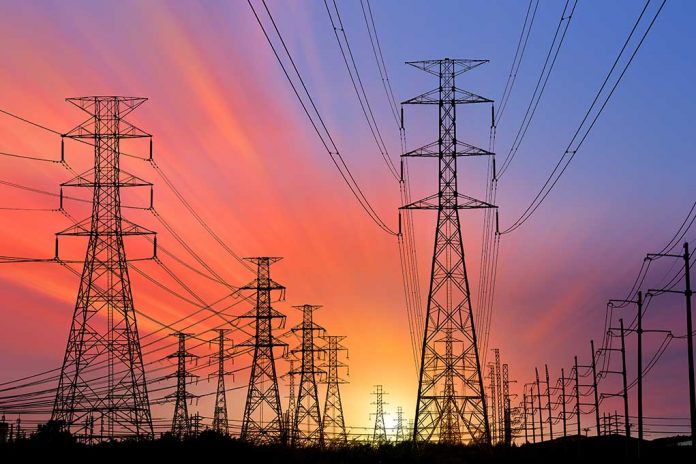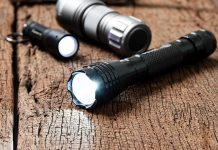
For most people in developed countries, electricity is an often overlooked convenience that gets taken for granted. Rarely does anyone take the time to consider what it takes to ensure there is power running to the outlet when they plug something in. People have become reliant upon the grid without realizing it.
But what happens when the grid goes down? Bad storms frequently knock down powerlines, leaving thousands without power. With the sudden rise of hackers targeting the US with ransomware, it may be just a matter of time before they hit the grid too – and who knows how long that could cripple the power supply.
The point is, the grid may not always be there for you to use. You need to have an alternative power source, and one is closer than you might think.
Easy Tasks
Now, before we get too in-depth on how to use your emergency power source, know that you have a four-wheeled generator right outside of your home. That’s right, your car or truck can power some items via its cigarette lighter; some vehicles even come with built-in inverters you can use to power lamps and other items. So, if you’re looking to charge a phone or tablet, simply plug it in to your vehicle.
Emergency Power Bank
That same power source in your vehicle can also serve as a mobile way to store power. It works in the same way as any other power reserve: Hook up an inverter to the battery and run items that need power to it. The inverter takes the battery’s 12V direct current (DC), steps it up to 110V and converts the current to an alternating current (AC).
If you want more “storage space,” you can hook up multiple batteries to create a larger power bank. You need to hook the batteries in parallel, which means connecting terminals that have the same charge. When you do this, it ensures that the output is 12V DC and an inverter can be put onto it to power lamps and power tools.
However, should you hook the batteries up in series, you would hook the positive terminal of one battery to the negative terminal of the next, and so on, until all batteries are hooked up. You would then hook the red lead of the inverter to the positive terminal on the first battery and the black lead to the negative terminal of the last battery.
When doing this, you combine the voltages of each battery, and that’s the output. For example, if you have three 12V DC batteries and you hook them up in a series, the output would be 36V DC, which would overload an inverter and render it useless.
Precautions
Inverters are designed to intake 12V DC and turn it into 110V AC, so anything over that 12V DC risks burning the inverter out. In addition to hooking the batteries together, you need to make sure you have a clear space to put this setup.
Any electrical conductors should be moved away from the power bank. You don’t want to risk a piece of rebar falling on the batteries and causing a short circuit, as it may cause the batteries to explode, throwing acid everywhere. The power bank should be set on a solid surface to avoid contact with a moist ground.
Be sure to check that there are no leaks in any of the batteries, as they can emit sulfuric acid fumes, which can create hydrogen gas if they react with metal. Place the power bank in a well-ventilated area away from any open flames. If you need light to hook the batteries together or service them, be sure to use a flashlight. LED is best.
In short, if you’re concerned with your phone or tablet dying, simply charge it in your vehicle. It’s not worth all of the effort of hooking a battery up for simple tasks. If you need light and don’t have any other sources, it may be worth pulling the battery out. Remember, this is for emergency power and should be treated as such.
Electricity is dangerous, and even a little can kill a person, so be sure you have the proper knowledge of what you’re messing with to avoid injury or even death. Having power can make a big difference; losing it in the winter can leave us in both the cold and the dark. Check out how you can stay warm during a power outage.
What steps have you taken to prepare for a blackout or extended grid-down event? Reply to your email and let us know, we would love to hear from you!
Copyright 2022, TheSurvivalGuide.com














